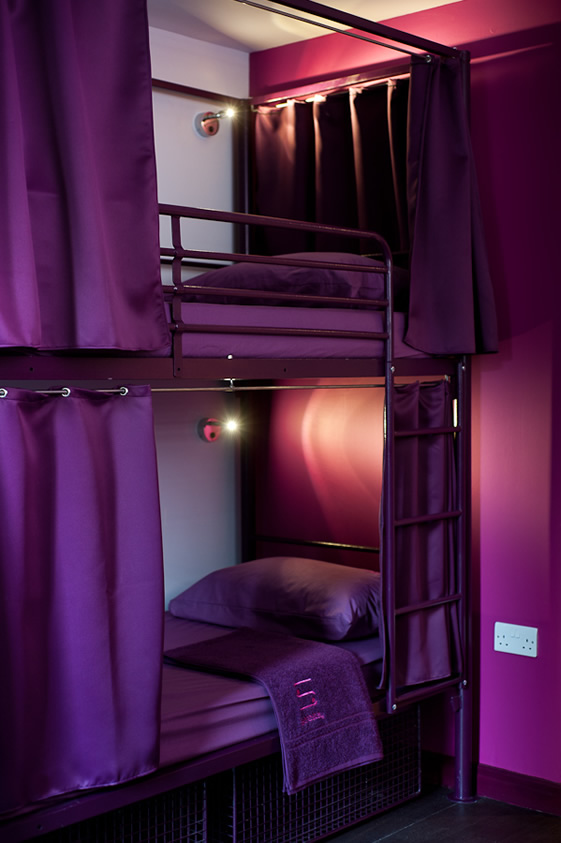Sleep Hygiene For Kids
- Topic 3B - Sleep hygiene Good sleep hygiene helps us get to sleep. Relaxing a little (no racing games before going to bed). No fizzy drinks or caffeinated drinks before sleeping. Going to bed at the same time each night. Discuss sleep hygiene.
- Good sleep habits (sometimes referred to as “sleep hygiene”) can help you get a good night’s sleep. Some habits that can improve your sleep health: Be consistent. Go to bed at the same time each night and get up at the same time each morning, including on the weekends.
Visit the Pregnancy, Birth and Baby website for information and resources about sleep for children up to 5 years old and the Raising Children Network website for children of any age. Sleep Clock for children. Download the 'Sleep Clock' activity from the Sleep Help Foundation to help your children maintain a good night's sleep.
OK, you know sleep hygiene is important for kids. So, what do you do when your toddler is resisting going to bed on time or your teenager says you’re ruining their life because they can’t take their phone to bed?

Whenever setting boundaries is challenging, remember this: kids actually crave limits. By maintaining clear limits, you’re letting them know what to expect, which helps them feel safe and secure. If the expectations keep changing, they may feel uncertain and be more likely to test you. So, try to stand firm.

Tips for setting limits to promote good sleeping habits:
- For toddlers: If you’re working on independent sleep, be consistent by bringing your child back to their room every time they get up. Reward the behavior with something they enjoy. For example, if your child stays in their own bed for 1 night, they can earn an extra bedtime story the next night.
- For toddlers and younger school-age kids: Offer a limited number of “bedtime passes” that can be used for water refills, questions, toy requests and all of the other creative reasons kids come up with to get out of bed. When the passes have been used, they’re gone until the next night. (But, of course, use your judgment to make any exceptions, such as using the bathroom.)
- For older kids and teens: Try plugging phones and other devices into a family charging station 1 hour before bedtime—no exceptions. And instead of relying on phones for alarms, try going old school with an actual alarm clock.

OK, you know sleep hygiene is important for kids. So, what do you do when your toddler is resisting going to bed on time or your teenager says you’re ruining their life because they can’t take their phone to bed?
Whenever setting boundaries is challenging, remember this: kids actually crave limits. By maintaining clear limits, you’re letting them know what to expect, which helps them feel safe and secure. If the expectations keep changing, they may feel uncertain and be more likely to test you. So, try to stand firm.


Sleep Hygiene For Kids Worksheet
Tips for setting limits to promote good sleeping habits:
Sleep Hygiene For Kids Handout
- For toddlers: If you’re working on independent sleep, be consistent by bringing your child back to their room every time they get up. Reward the behavior with something they enjoy. For example, if your child stays in their own bed for 1 night, they can earn an extra bedtime story the next night.
- For toddlers and younger school-age kids: Offer a limited number of “bedtime passes” that can be used for water refills, questions, toy requests and all of the other creative reasons kids come up with to get out of bed. When the passes have been used, they’re gone until the next night. (But, of course, use your judgment to make any exceptions, such as using the bathroom.)
- For older kids and teens: Try plugging phones and other devices into a family charging station 1 hour before bedtime—no exceptions. And instead of relying on phones for alarms, try going old school with an actual alarm clock.